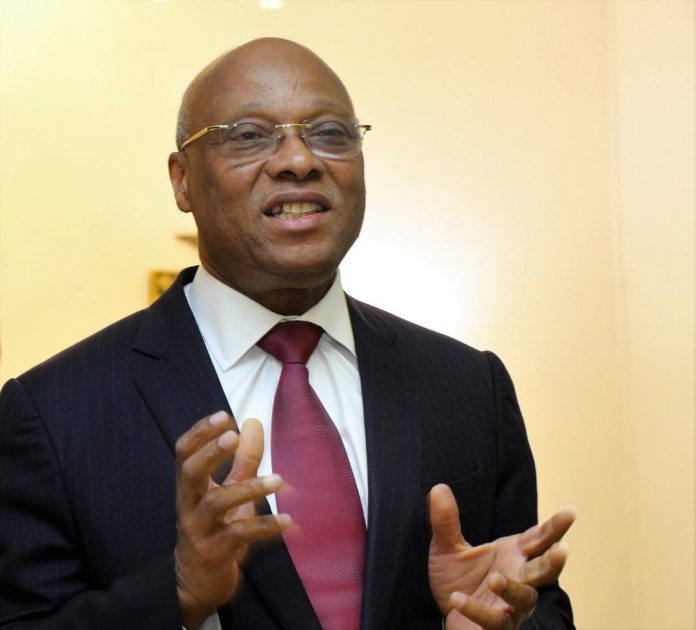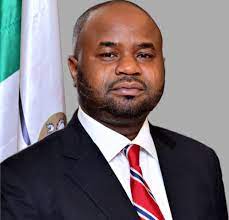The President of the Commission of the Economic Community of West African States, ECOWAS, Jean-Claude Kassi Brou, at the weekend restated the community’s commitment to enhancing the regional Customs union and improved investments in infrastructure in order to achieve the goals of integration drives by the various governments in the sub region.
The ECOWAS leader, who gave this hint while declaring open the 4th meeting of the Ministers of Finance in Abuja, Nigeria explained that the main idea of establishing the sub regional economic group was to fast-track developmental initiatives of the governments, ensure economic stability and improve the living standards of the people.
Represented by Halima Ahmed, the Commission’s commissioner of Finance, Brou noted that the ECOWAS Authority of Heads of State and Government was fully determined in its “determination to make regional integration a potent, viable and appropriate tool for accelerating and achieving the sustainable development of West African countries.”
He pointed out that in keeping alive the ECOWAS vision 2020, what was envisioned is an ECOWAS which has a dynamic regional economy driven by a regionally-inclined business community that operates in an efficient and diversified regional production system.
The ECOWAS President hinted further that the regional leaders were working hard to modernize the sub regional infrastructure networks, adding however that the vision may not be easily attainable if the requisite regional economic instruments are not adopted and effectively operationalised in member states.
According to him, the adoption of the ECOWAS Common External Tariff, CET, by the Heads of States and Government of our the community in January 2006 marked an important milestone in the West African integration effort.
Brou clarified further that the revised ECOWAS Treaty, in line with accepted theory of economic integration, had made the creation of a customs union, a critical building block for the achievement of an economic union.
He stressed the need for member-countries as they enter into the fifth year of the implementation of the ECOWAS CET, to adopt appropriate procedures towards the achievement of optimal tariff levels in the community’s fiscal and external trade regime “to ensure that this critical integration instrument is not overtaken by the economic realities and aspirations of our region”.
Noting that the role of customs administrations is key to the success of the regional economic integration agenda, Brou pointed out that “the level of professionalism exhibited by the administrations in revenue collection, trade facilitation, protection of our industrial sector, and the general protection of our society is a major determinant of their effectiveness in delivering on their mandate.”
He told the ministers, experts and other stakeholders at the meeting that following the adoption of the ECOWAS Customs Code by the heads of state in December 2017, the ECOWAS Commission has begun a capacity building programme of training, sensitization and dissemination of the provisions of the code to the various stakeholders in the trade and fiscal space of the region.
As the Community moves to consolidate its customs union, he stressed the importance of harmonizing tax laws of member states in order to guarantee equal treatment of economic operators and minimising the negative effects of tax competition within the Community.
The chairperson of the meeting and Nigeria’s Minister of Finance, Zainab Shamsuna Ahmed, made a detailed presentation on how to consolidate the ECOWAS Customs union, including allied fiscal matters.
The minister maintained that the regional regulations being fashioned out in this regard would assist also in the “deepening of integration of the region with the global strategies to improve public revenue through the elimination of tax malpractices”.
Ahmed explained further that Nigeria’s current economic policies, in several aspects, sought to identify with, and actively participate in the effort to achieve regional economic development through cooperation, hence the country effectively commenced the implementation of the ECOWAS CET in April 2015, with additional measures under the ECOWAS approved Supplementary Protection.
The implementation of the ECOWAS CET, which began in January 2015, introduced the ECOWAS into a Customs union on the road to consolidating the West Africa regional market.




